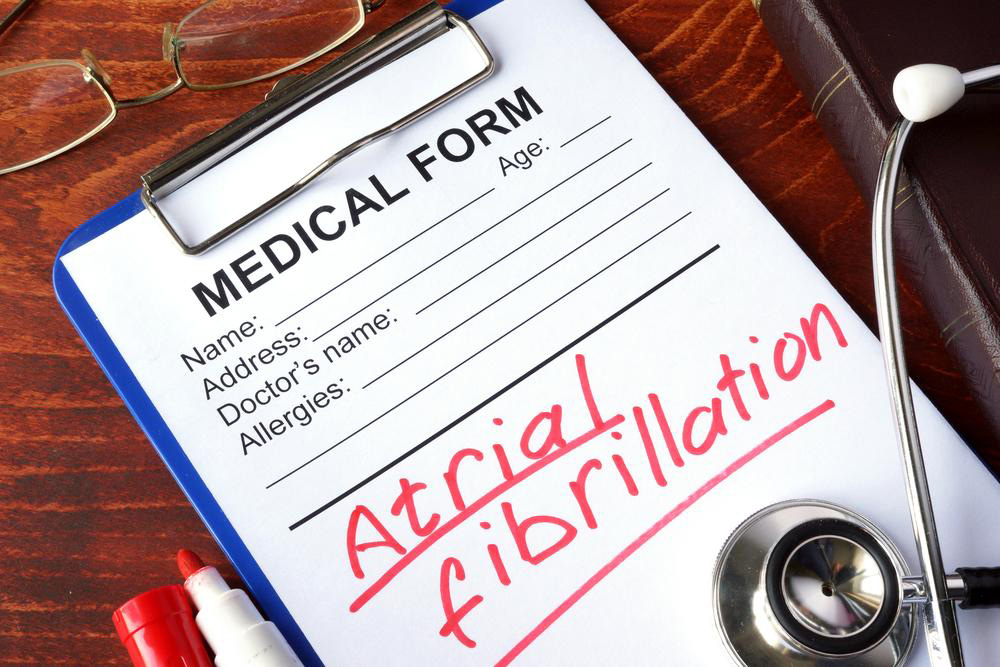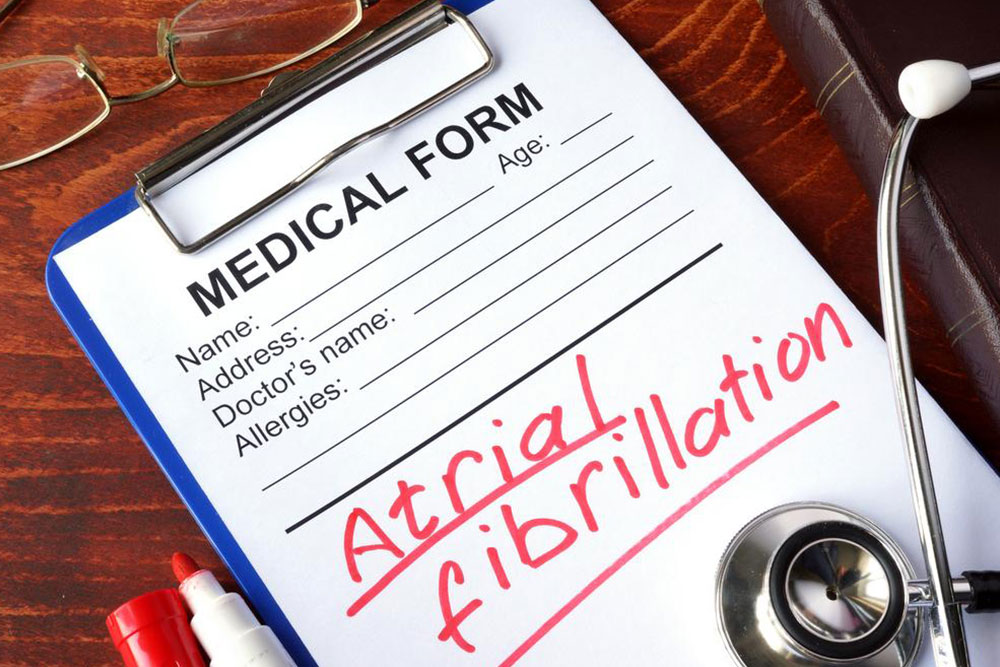Understanding the Types and Symptoms of Atrial Fibrillation
This article explains the three main types of atrial fibrillation, their symptoms, and the importance of timely treatment to prevent serious complications like strokes. Recognizing symptoms early and consulting healthcare professionals can significantly improve outcomes.

Atrial Fibrillation (Afib) is a serious heart condition that can lead to severe health issues like strokes and heart attacks if not managed properly. Treatments focusing on preventing stroke, such as blood thinners and medications, are essential for individuals diagnosed with Afib. Maintaining a healthy lifestyle can also aid recovery and reduce risks. There are three main categories of Afib: occasional (paroxysmal), persistent, and permanent. Symptoms include irregular heartbeat, chest pain, fatigue, dizziness, and shortness of breath. Prompt medical consultation is vital for effective management and stroke prevention.










